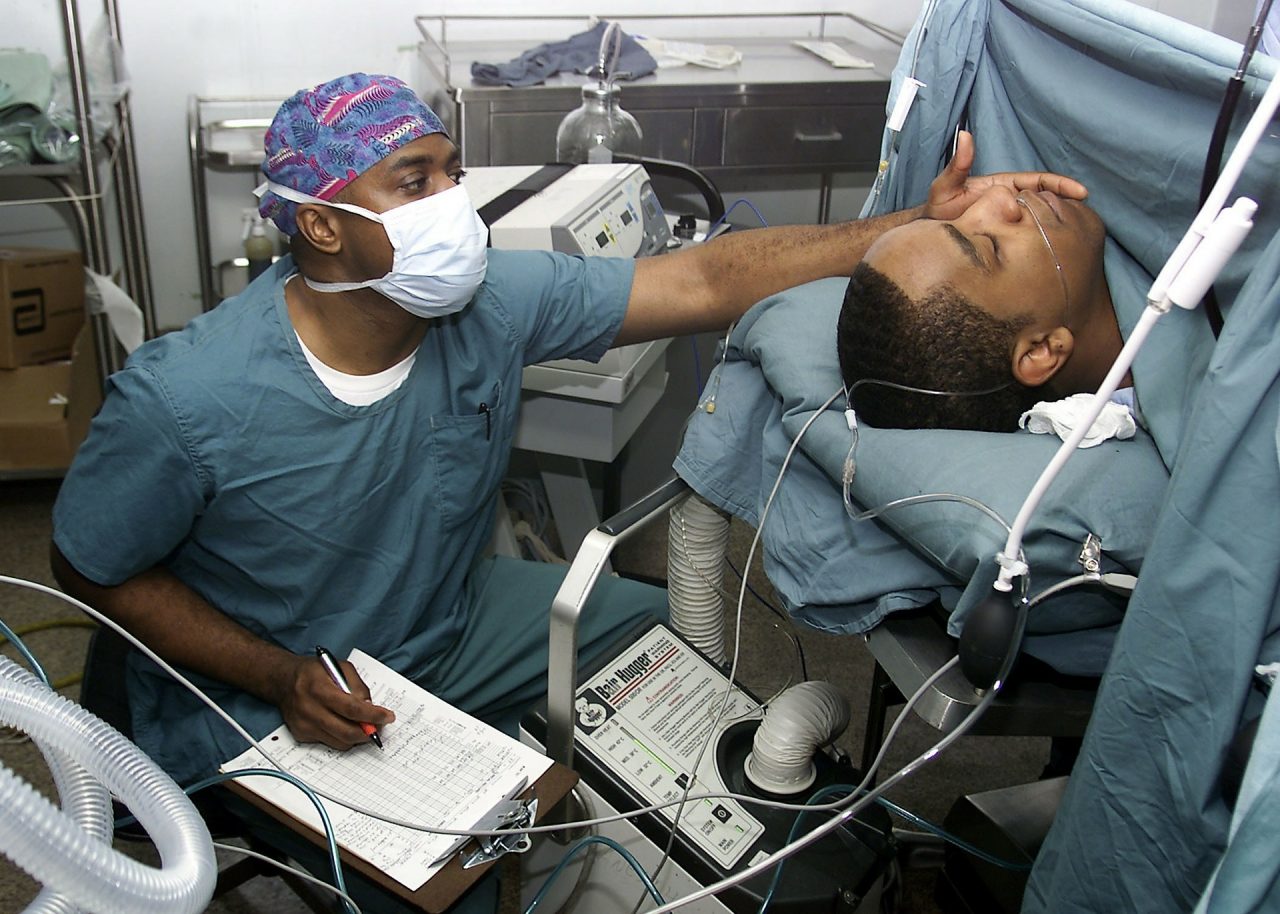There’s a troubling trend forming between COVID-19 and BAME communities. Data from America’s Centers for Disease Control, the World Health Organisation and the UK Office for National Statistics shows that deaths within the Black Asian Minority Ethnic (BAME) communities from COVID-19, far outweigh those in other groups.
Antibiotic Research UK’s Peter Gibson also works with the Asian Business Leaders initiative and NHS Oldham and founded the Young, Gifted and Black Arts Movement.
He wonders whether antibiotic resistant infections blight British BAME communities in a similarly disproportionate way. Peter also questions what we can do to better engage all people in the fight against drug-averse infections.
“Medics in Greater Manchester have just launched a scheme to better assess NHS staff from BAME communities, before putting them onto frontline tasks associated with the coronavirus.
The initiative is called the SAAD scorecard and is named after Dr Saad Al-Dubbaisi (pictured), an esteemed and much-loved family GP, who lost his life to COVID-19 (1).
Why the bias towards South Asian communities?
Debate rages as to why the virus has been so virulent within the South Asian community in particular. Could it be a genetic factor? Or are cultural norms of larger families living together under one roof, contributing? Does a well-meaning propensity to healing the sick result in this community gravitating towards front-line health work? Are our important health and hygiene messages not getting through (the superb adherence to lockdown during the holy month of Ramadan suggests not)? Or does social deprivation – and a greater tendency to live in less affluent areas – play a part?
The impact of health inequalities
Viruses tend to hit the poorest, hardest. Ergo other conditions; and Antibiotic Research UK was recently contacted by a charity combatting TB, who have evidence that this returning condition is afflicting those from disadvantaged neighbourhoods, most.
Antibiotic-resistance affects bacteria in the body of those with low immune systems and who are undergoing treatment for other conditions. Is it more rampant in BAME communities, too? And why aren’t people from these backgrounds engaging more in the battle to tackle drug resistance?
How to connect with communities
Anecdotally, I am told by health carers in Derby, Oldham and Rochdale that the ability to buy unprescribed antibiotics over the counter in certain countries, means that folks go to see family and return to Britain with “bucket-fulls” of antibiotics. I don’t condone but totally understand this. In the past, life-saving drugs were an expensive and too rare commodity. Having the ability to purchase them now must be enticing. Plus, the cultural commitment to caring for family has to be a factor.
Reaching South Asian communities with mature, culturally sensitive messages isn’t easy. For one, it is not just one community. I helped the NHS in Oldham and was pleased to learn so much about cultures where parents speak one language but struggled to write English, while their children were the opposite way round! Then there were religious and cultural concerns, too – which included women wanting to take charge of their own health but being hampered by other members of their family opening up letters and cancelling appointments for fear of embarrassment.
From women’s groups to dementia awareness sessions the really encouraging thing was the warm welcome and the desire to care not just about themselves but the wider community, regardless of background.
We need to engage with that enthusiasm and play our part in advocating and supporting folks from BAME communities.
Patient Support a good port of call
I certainly know that anyone who contacts our Patient Support team, perhaps nervous about an infection, would receive the warmest, most professional and understanding reception; and I urge you to make the most of this marvellous service.
The service offers one-to-one support via telephone and email as well as providing web pages on urinary tract infections. There are also a plethora of case studies to read, so take a look.
Many of the staff who have lovingly cared for us during this virus, come from BAME backgrounds. Some have paid the ultimate sacrifice in losing their life.
We need to establish data on why COVID-19 affected BAME communities the most. We must examine whether antibiotic resistance is more rife in their community and do all we can to engage our warm-hearted, compassionate and educated BAME community in the fight to save modern medicine.”
(1) http://www.pulsetoday.co.uk/views/analysis/bame-gps-at-higher-risk/20040871.article


